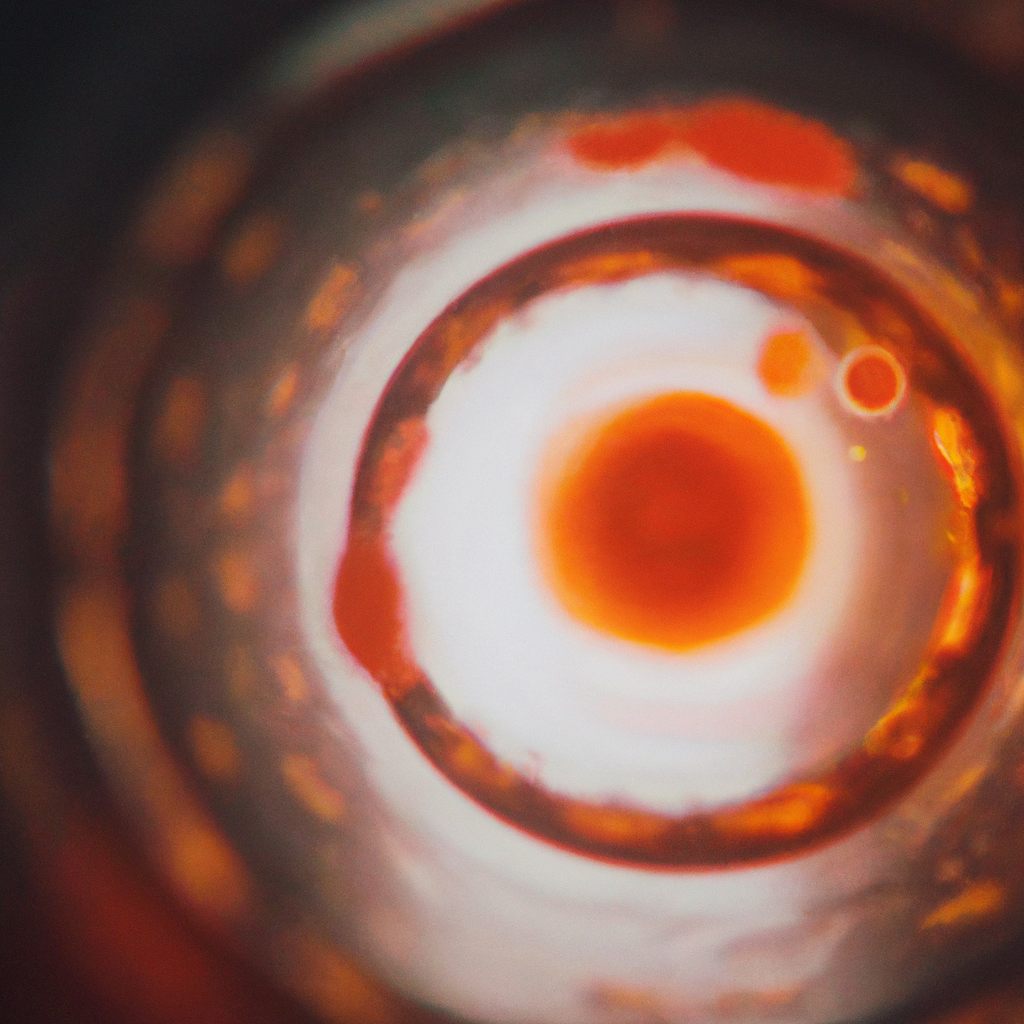-
Reading Roadmap
- Impaired Angiogenesis Hampers Healthy Adipose Tissue Expansion due to High Glucocorticoid Doses
- Key Takeaways
- Introduction: The Impact of Glucocorticoids on Angiogenesis and Adipose Tissue
- The Role of Angiogenesis in Adipose Tissue Expansion
- Glucocorticoids and Vascular Endothelial Growth Factor (VEGF)
- Implications for Obesity and Cardiovascular Diseases
- FAQ Section
- What are glucocorticoids?
- What is angiogenesis?
- How do glucocorticoids affect angiogenesis?
- What are the implications of impaired angiogenesis?
- What can be done to mitigate the effects of glucocorticoids on angiogenesis?
- Conclusion: The Need for Further Research
- Further Analysis
- Key Takeaways Revisited
Impaired Angiogenesis Hampers Healthy Adipose Tissue Expansion due to High Glucocorticoid Doses

[youtubomatic_search]
Key Takeaways
- High doses of glucocorticoids can impair angiogenesis, leading to unhealthy adipose tissue expansion.
- Impaired angiogenesis can lead to various health complications, including obesity and cardiovascular diseases.
- Research suggests that glucocorticoids can negatively affect the production of vascular endothelial growth factor (VEGF), a key player in angiogenesis.
- Understanding the relationship between glucocorticoids and angiogenesis can lead to new therapeutic strategies for obesity and other related diseases.
- More research is needed to fully understand the mechanisms behind glucocorticoid-induced angiogenesis impairment.
Introduction: The Impact of Glucocorticoids on Angiogenesis and Adipose Tissue
Glucocorticoids, a class of steroid hormones, play a crucial role in various physiological processes, including immune response, metabolism, and stress response. However, high doses of glucocorticoids can have detrimental effects on the body, one of which is the impairment of angiogenesis, the process through which new blood vessels form from pre-existing ones. This impairment can lead to unhealthy expansion of adipose tissue, potentially leading to obesity and other health complications.
The Role of Angiogenesis in Adipose Tissue Expansion
Angiogenesis is a vital process for the healthy expansion of adipose tissue. Adipose tissue, commonly known as fat, requires a rich blood supply for its growth and function. When angiogenesis is impaired, adipose tissue can expand in an unhealthy manner, leading to the development of hypoxic and inflammatory conditions that can contribute to obesity and metabolic diseases.
Glucocorticoids and Vascular Endothelial Growth Factor (VEGF)
Research has shown that glucocorticoids can negatively affect the production of Vascular Endothelial Growth Factor (VEGF), a key player in angiogenesis. VEGF stimulates the formation of new blood vessels, and its reduction can lead to impaired angiogenesis. A study published in the Journal of Clinical Investigation found that glucocorticoid treatment reduced VEGF expression in adipose tissue, leading to impaired angiogenesis and unhealthy adipose tissue expansion.
Implications for Obesity and Cardiovascular Diseases
Impaired angiogenesis and unhealthy adipose tissue expansion can contribute to the development of obesity and cardiovascular diseases. Obesity is associated with a range of health complications, including type 2 diabetes, heart disease, and certain types of cancer. Similarly, impaired angiogenesis can lead to inadequate blood supply to the heart, contributing to the development of cardiovascular diseases.
FAQ Section
What are glucocorticoids?
Glucocorticoids are a class of steroid hormones that play a crucial role in various physiological processes, including immune response, metabolism, and stress response.
What is angiogenesis?
Angiogenesis is the process through which new blood vessels form from pre-existing ones. It is vital for the healthy expansion of adipose tissue.
How do glucocorticoids affect angiogenesis?
High doses of glucocorticoids can impair angiogenesis by negatively affecting the production of Vascular Endothelial Growth Factor (VEGF), a key player in angiogenesis.
What are the implications of impaired angiogenesis?
Impaired angiogenesis can lead to unhealthy adipose tissue expansion, contributing to the development of obesity and cardiovascular diseases.
What can be done to mitigate the effects of glucocorticoids on angiogenesis?
Understanding the relationship between glucocorticoids and angiogenesis can lead to new therapeutic strategies for obesity and other related diseases. More research is needed to fully understand the mechanisms behind glucocorticoid-induced angiogenesis impairment.
Conclusion: The Need for Further Research
The relationship between high doses of glucocorticoids and impaired angiogenesis is complex and requires further research. Understanding this relationship can lead to new therapeutic strategies for obesity and other related diseases. It is clear that glucocorticoids play a crucial role in angiogenesis and adipose tissue expansion, and their misuse can lead to various health complications. Therefore, it is crucial to use glucocorticoids judiciously and under medical supervision.
[youtubomatic_search]
Further Analysis
While the detrimental effects of high glucocorticoid doses on angiogenesis and adipose tissue expansion are clear, more research is needed to fully understand the underlying mechanisms. This understanding can pave the way for new therapeutic strategies for obesity and other related diseases. Furthermore, it is crucial to educate patients and healthcare providers about the potential risks associated with high glucocorticoid doses, promoting their judicious use.
Key Takeaways Revisited
- High doses of glucocorticoids can impair angiogenesis, leading to unhealthy adipose tissue expansion.
- Impaired angiogenesis can lead to various health complications, including obesity and cardiovascular diseases.
- Glucocorticoids can negatively affect the production of VEGF, a key player in angiogenesis.
- Understanding the relationship between glucocorticoids and angiogenesis can lead to new therapeutic strategies for obesity and other related diseases.
- More research is needed to fully understand the mechanisms behind glucocorticoid-induced angiogenesis impairment.

Leave a Reply